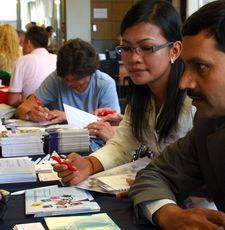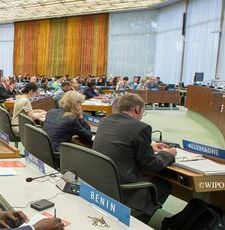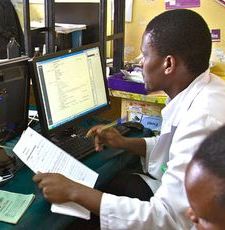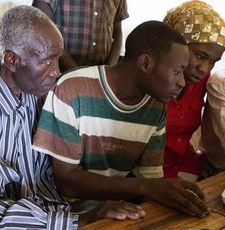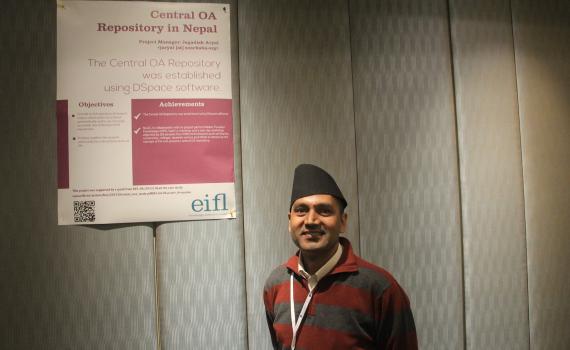
ABOUT THE RESOURCE
In 2011-2013 EIFL provided financial support to 34 projects that implemented national and institutional open access (OA) advocacy campaigns to reach out to research communities and OA publishing initiatives.
Through small grants and support from their own institutions, the projects engaged in a wide variety of campaigns and activities, including: holding workshops, creating websites, building institutional OA repositories, creating e-learning courses, and implementing OA publishing platforms.
The case studies resulting from the projects reveal impressive first-time achievements and will help increase the availability of research literature in developing and transition countries.
Learn more about the key achievements for this national OA campaign in Nepal below. You can access the full case study (strategies, tactics and tools, success stories and lessons learnt) by clicking on the download button.
About the project in Nepal
A great deal of research output is generated for use by research and development organisations, especially multilateral institutions and a few large government and non-government organisations in Nepal. These reports are not widely disseminated, even when their potential usefulness to other researchers and practitioners is very high.
Research reports and papers presented in seminars and conferences do not get published or archived even though these papers tend to be comprehensive in their coverage of issues of
specific thematic areas. Scholarly articles published in international journals and book chapters, even those written by Nepalese, are not accessible to the general researchers in Nepal due to their unavailability locally and/or due to high cost/subscription charges.
This project, implemented by Nepal Library and Information Consortium (NeLIC) in 2012-2013 with the partners –The Social Science Baha and Madan Puraskar Pustakalaya – aimed to bring together the research community by making them aware of OA. The project also sought to build an OA repository of research output, which were not archived systematically and/or are not easily accessible due to the lack of a OA repositories. The central OA repository would benefit researchers and students by providing a single portal for deposition and access to these research output.
Key Achievements
- The (50.57.171.206:8001/dspace/) Central OA Repository was established using DSpace software.
- NeLIC, in collaboration with its project partner Madan Puraskar Pustakalaya (MPP), held 12 meetings and a one-day workshop attended by 285 peoples from different institutions such as libraries, universities, colleges, research centers and NGOs to introduce the concept of OA and present a central OA repository.

SHARE / PRINT






